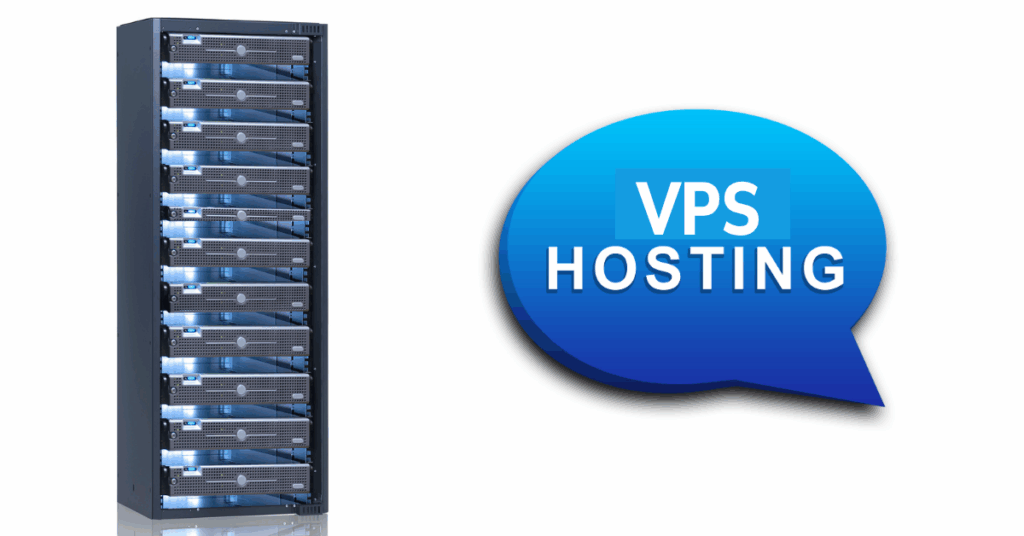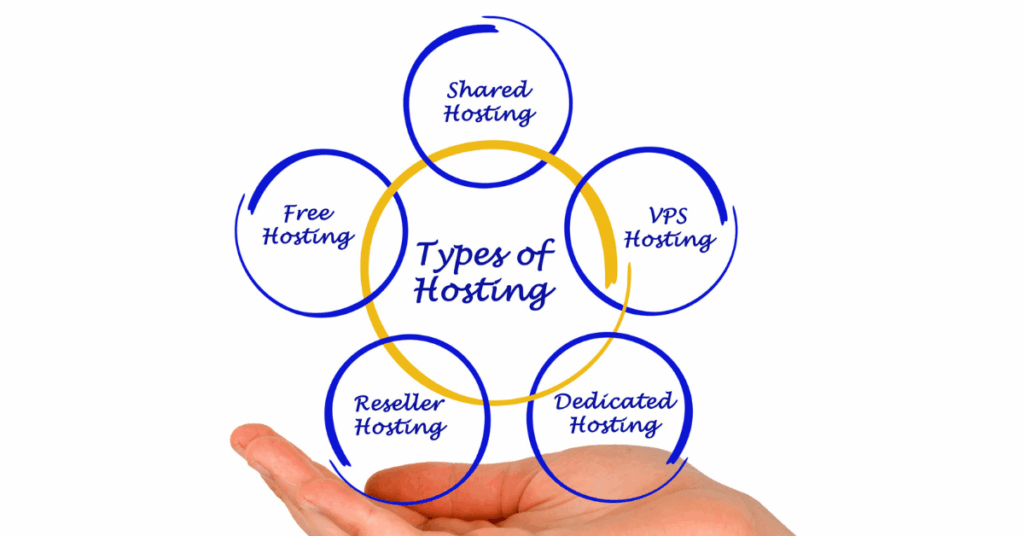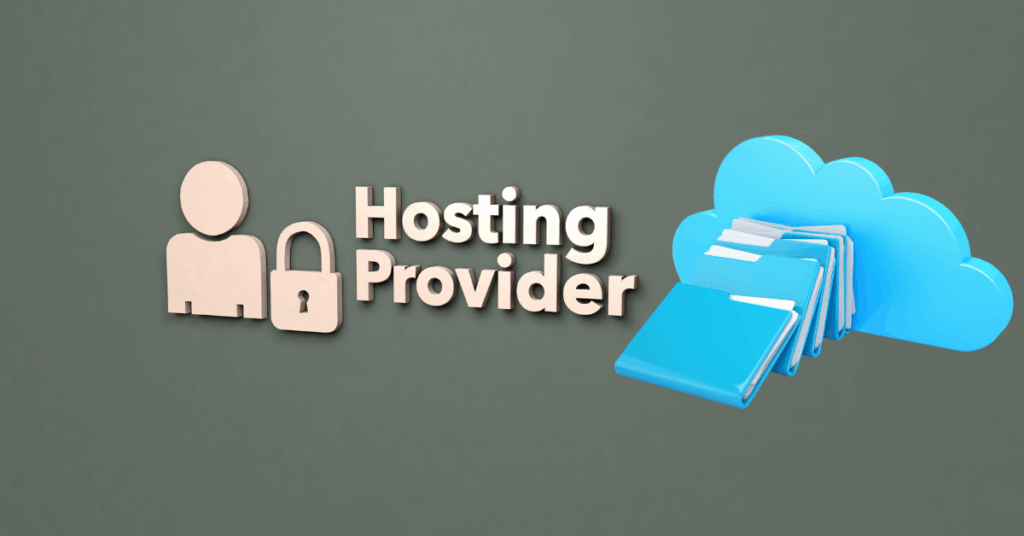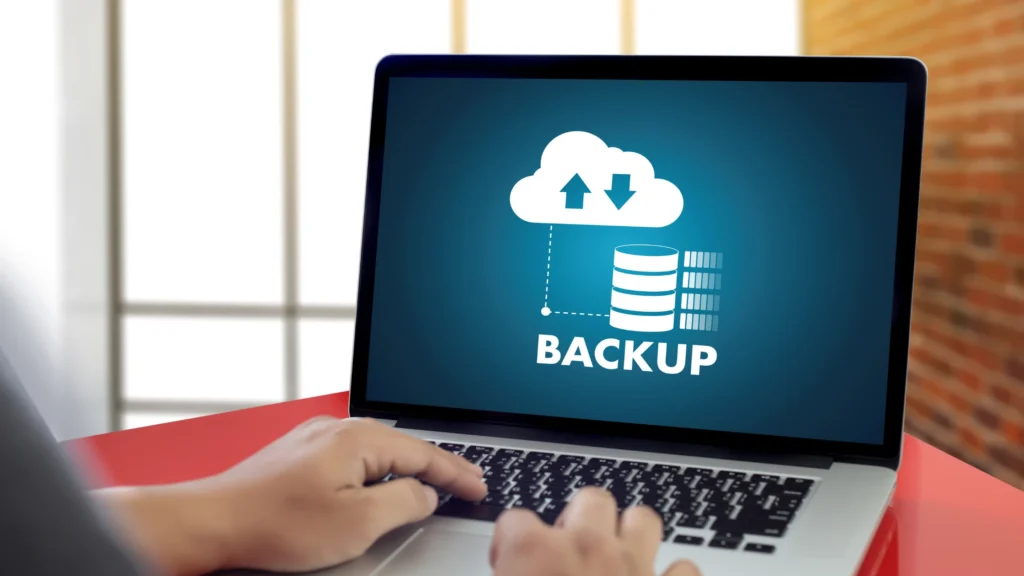Have you ever heard someone mention a VPS (Virtual Private Server) and wondered what it really means?
Your website is growing, and shared hosting no longer feels enough. Or you may keep hearing that VPS hosting gives you more power, but no one explains it clearly.
Most beginners feel the same way. Hosting terms can sound complicated, but they don’t have to be.
In this guide, you’ll learn:
- A simple definition and a plain analogy so the idea clicks
- How a VPS actually works inside a data center
- Side-by-side comparison of shared hosting, VPS, and dedicated hosting
- The key features that matter, like CPU, memory, storage, and uptime
- How to scale and choose the right plan for your needs
Now, let’s move step by step and make VPS easy to understand.
VPS Hosting Made Simple

VPS (Virtual Private Server) is your own private mini computer inside a larger physical server.
Think of a large apartment building.
The building is the physical server. Each apartment is a virtual private server. You share the building but have your own door, your own rooms, and your own locks.
This setup is possible because of virtualization.
A small program called a hypervisor splits the physical server into several virtual machines. Each virtual machine runs its own operating system and acts as an independent server.
That is how VPS gives privacy and control while keeping costs lower than a full dedicated server.
Common virtual private server use cases include;
- Hosting websites
- Running e-commerce stores
- Creating dev test environments
- Running game servers
- Hosting small databases.
VPS is versatile and popular for growing projects.
How a VPS (Virtual Private Server) Works
Under the hood, a VPS is a virtual machine running on a host physical server. The host sits in a data center with backup power, cooling, and fast network connections.
The hypervisor controls how resources are divided. Each VPS gets dedicated vCPU cores, a set amount of RAM, and a slice of storage.
For example, a typical plan might assign 2 vCPU cores, 4 GB RAM, and 50 GB SSD storage.
That means your site can run code and store files without other tenants stealing your CPU cycles or memory. The isolation also helps security.
Your VPS runs its own operating system, so you can install custom software or tweak settings without affecting others.
Virtualization technology like KVM or VMware is common in VPS hosting, and they provide stable separation between virtual instances. This gives you the reliability of a private box while keeping the economics of shared hardware.
VPS vs Shared vs Dedicated Hosting

Choosing a hosting often feels confusing.
Here is a short comparison between VPS vs shared, vs dedicated hosting to make it simple.
a) Shared hosting
Shared hosting is like renting a desk in a busy co-working space. It is cheap, but you share everything. If someone else uses a lot of resources, your site slows down.
b) VPS
A VPS is like renting an apartment in a building. You have private rooms and your own utilities. You get reserved CPU and RAM and better performance.
c) Dedicated hosting
A dedicated server is like owning the whole house. You get all the resources, but you also pay more for the whole thing.
The table below shows how VPS compares to shared and dedicated hosting in simple terms.
| Hosting Type Example | What You Get | Best For |
| Shared Hosting | Like renting a desk in a busy co-working space. You share resources with others. If one site uses too much, yours slows down. | Small websites or blogs |
| VPS Hosting | Like renting an apartment in a building. You have private space with reserved CPU and RAM for better performance. | Growing sites needing more speed and control |
| Dedicated Server | Like owning a whole house You get all the resources, but pay much more to manage everything yourself. | Large businesses or high-traffic sites |
A VPS (Virtual Private Server) sits right in the middle. It gives you affordable control and stronger performance without the high cost of a full dedicated server.
That’s why many websites upgrade to VPS as they grow.
Key Features of a VPS
When you shop for VPS hosting, look for these core attributes.
- CPU and vCPU count.
More cores mean the server can do more tasks at once. For light sites, a single core works. For busy apps, pick two or more cores.
- RAM.
Memory affects how many processes and visitors your site can handle. A plan with 4 GB RAM is a good start for many small business sites.
- Storage.
SSD or NVMe storage is much faster than old hard disks, and it helps pages load quickly.
- Bandwidth.
This is how much data your site can send and receive. Some providers offer generous bandwidth, so heavy traffic does not cost extra.
- Root access.
This gives you full admin control so you can install software and change settings. Managed plans give less technical responsibility to the provider, while unmanaged plans give you full control.
- Managed vs unmanaged.
If you want help with setup, updates, security, and backups, choose managed. If you are comfortable handling server tasks, choose unmanaged for more control and lower cost.
- Uptime guarantee.
Most good providers promise uptime of 99.9 percent or better, so your site stays online.
VPS Scalability and Control
One big advantage of a virtual pirate server is how easy it is to scale.
You can add RAM, increase CPU, or expand storage quickly. This is called vertical scaling.
You can also run more VPS instances side by side for load distribution, which is horizontal scaling.
Control panels like cPanel or Plesk make it easy to manage your VPS with a friendly interface. You can monitor usage, reboot the server, install apps, and secure the environment without complicated commands.
This flexibility helps during traffic spikes.
If an ad campaign sends a rush of visitors, you can upgrade resources for a short time, then scale back when traffic drops so you only pay for what you need.
What Can You Use a VPS For
VPS is very flexible. Here are common uses of a VPS (Virtual Private Server).
- Website hosting.
Host one or many sites with better speed and security than shared hosting.
- E-commerce.
Run online stores that need stable performance and payment security.
- Dev test environment.
Developers use VPS to test code in an isolated environment that matches production.
- Game servers.
Host multiplayer servers with predictable performance.
- Databases, email servers, and private VPNs.
VPS can run services that need reliable resources and control.
Because VPS gives root access, you can install custom environments and tune them exactly for your workload.
Managed vs Unmanaged VPS Hosting
Which one should you pick between managed and unmanaged VPS hosting? It depends on skills and time.
A. Managed
Managed VPS means the provider handles setup, updates, monitoring, backups, and security patches.
It is ideal for business owners who prefer to focus on their work, not server maintenance.
B. Unmanaged
Unmanaged VPS gives you full control and usually costs less.
It suits developers and technical users who want to configure the environment and handle updates themselves.
A good tip is to start with managed and switch to unmanaged only if you need and can manage the extra work.
VPS Pricing and Cost Factors
How much does VPS cost?
Virtual private server prices vary by CPU, RAM, storage bandwidth, and whether the plan is managed or unmanaged.
VPS entry plans can start around $5 to $10 a month, while more powerful configurations run $30 to $60 a month or more.
Costs also depend on storage type and network speed.
NVMe or SSD storage costs a bit more but makes your site faster. Some providers bill monthly fixed rates, while others offer pay-as-you-go pricing by the hour.
Remember to account for backup fees, managed services, and support plans when you compare total VPS cost.
Security and Reliability in VPS Hosting
VPS offers better security than shared hosting because your space is isolated. Use a firewall, enable two-factor authentication, and keep your system updated.
Regular backups protect against accidental data loss.
Good providers use redundant data center design and frequent snapshots so you can restore quickly after problems.
Always check the provider’s uptime guarantee and backup policy before you sign up.
When to Upgrade to a VPS
You likely outgrow shared hosting when your site slows during peak traffic or when you need to install custom software that shared plans do not allow.
If you host multiple sites that need reliable email or require better security, then it is time to upgrade.
Signs to move to VPS hosting include:
- Frequent downtime slows page loads
- Limits on running background processes.
If you see these issues, a VPS can solve them with dedicated resources and improved control.
VPS vs Cloud Hosting
VPS and cloud hosting can look similar, but they differ.
A VPS is one virtual server on a single host machine. Cloud hosting spreads resources across many servers, so it can be more resilient and easier to scale elastically.
Some providers combine both, offering cloud-based VPS or virtual server instances inside a cloud platform.
These hybrid options provide the simplicity of VPS with the reliability of cloud infrastructure. Choose VPS when you want a single predictable server environment.
Choose the cloud when you need high redundancy and instant multi-region scaling.
How to Choose the Right VPS Provider

When picking a VPS hosting provider, here are things to look out for.
1.1 Performance.
Check if they use SSD or NVMe storage and have sufficient CPU and RAM for your needs.
1.2 Uptime.
Look for a clear uptime guarantee, like 99.9 percent, and read reviews about reliability.
1.3 Support.
Real human support available 24/7 is crucial when technical issues happen.
1.4 Data center location.
Pick servers near your audience for lower latency.
1.5 Security.
Ask about backup, firewall options, and security monitoring.
1.6 Pricing transparency.
Make sure fees for snapshots, backups, and migrations are clear.
Final Thoughts: Is a VPS Worth It
A VPS (Virtual Private Server) is a smart middle ground between shared hosting and a full dedicated server.
It gives better control performance and more security without the high cost of a dedicated machine. For growing websites, developers, and businesses that need both flexibility and reliability, a VPS is often the right choice.
VPS hosting lets you scale, upgrade, and manage resources as your needs change. It is cost-effective and gives you room to grow.
If you want fast, secure, and flexible VPS hosting, check CloudPap for options that fit small projects and growing businesses.

